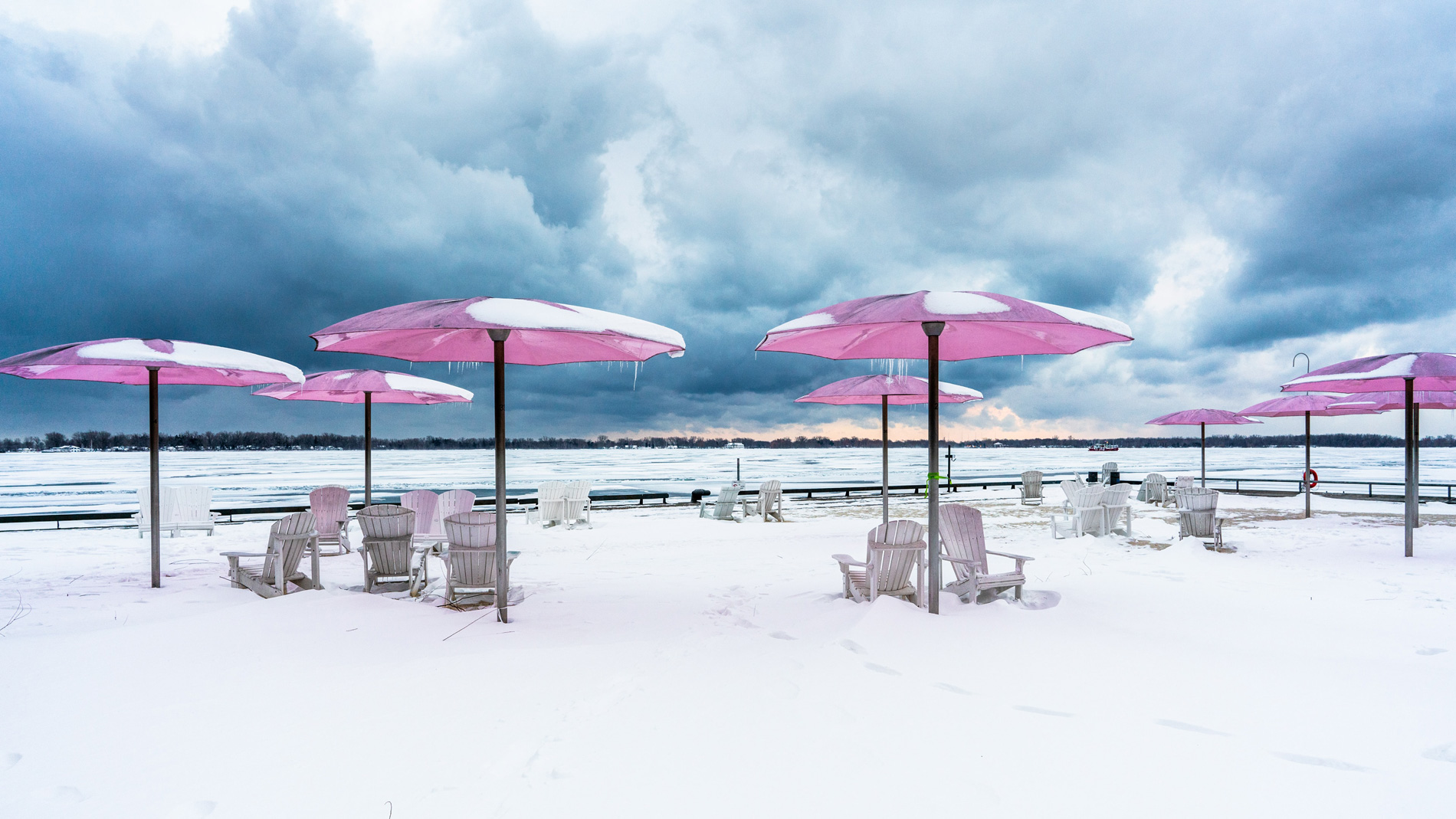Move over Vancouver– Toronto has stolen the title for most expensive city in Canada.
You read that right. The average price of a home in our fair city has finally surpassed that of a Vancouver dwelling. But the news may not be music to everyone’s ears.
While the sellers among us are seeing dollar signs, buyers may be feeling a little less optimistic. Regardless of which side of the transaction you’re on, we can all agree that it’s in everyone’s best interest to temper the growth we’ve seen in the last few months.
Keep reading to find out what steps are already being taken to tackle the issue of housing affordability.
Housing affordability task force
With the provincial election fast approaching, we’re seeing more action from our leaders. Ford has appointed a “housing affordability task force”. Their mandate is to address market housing supply and affordability by:
- Increasing the supply of market rate rental and ownership housing;
- Building housing supply in complete communities;
- Reducing red tape and accelerating construction timelines;
- Encouraging innovation and digital modernization, such as in planning processes;
- Supporting economic recovery and job creation; and
- Balancing housing needs with protecting the environment.
So far the panel of nine, has made 55 recommendations with the goal of reigning in prices. Most notably, the recommendations include:
- Overhauling the approval process for housing projects at the municipal level and setting provincial standards with the intention to depoliticize the approval process
- Increasing density by changing restrictive zoning practices and allowing up to 4 housing on any lot
- Legislate timelines at each stage of the approval process, and deem an application approved if the legislated response time is exceeded
- Supporting municipalities who are meeting development quotas with additional funding and withdrawing support from municipalities who are not meeting targets
We’re feeling pretty optimistic about these recommendations. We’re confident that as we get closer to June we’ll see the Liberals and NDP offer their own ideas. You better believe we’ll be watching with rapt attention and ready to share our insights with you.
What Toronto is doing
Over the last two year the City of Toronto City has been working on its own plan to increase housing supply in our neighbourhoods. They are focusing on adjusting current zoning laws in order to allow more “missing middle” dwellings throughout the city (remember that phrase. We’ll be hearing more and more about the missing middle in the coming years).
You may already be familiar with laneway housing projects that have gained popularity throughout the city. But most recently, Toronto passed a law to allow garden suites to be built. In case you’re unfamiliar with the term, a garden suite is a smaller dwelling. It’s usually located in the backyard, but inaccessible from a laneway.
These smaller dwellings are the city’s attempt to shake up our neighbourhoods and increase density. Currently, our most expensive neighbourhoods are almost exclusively single family homes. While more affordable areas are almost entirely huge condo buildings (60+ stories).
If we’re going to see any appreciable change, the city is going to need to mix things up. In our opinion, the best strategy will be to build more triplexes and low rise multi-unit dwellings in established neighbourhoods.
So, what’s in store for the rest of 2022?
Condos will have a good year
Even before we saw a steep rise in pricing for single-family homes, condo prices were predicted to go up this year. The price gap between condos and single-family homes is the highest it’s ever been. For that reason, we’re confident that more and more buyers will flock to the condo market and drive up demand.
We’re already seeing that play out. In January, we watched condos receive an unprecedented number of bully offers. Units were selling much higher than recent comparables.
Sales will drop this year
You can expect the total number of sales to be lower this year than last. Last year, buyers bought up real estate with insatiable vigour and it pushed demand forward. Throw some record low inventory levels into the mix and you’ve got the recipe for lower sales volume.
Don’t think that means that prices will drop. There’s still a lot of demand for homes in the 6ix. With fewer homes available, buying real estate in Toronto will still be a lot like buying concert tickets at a small venue. There simply aren’t enough seats available.
Savvy readers take note: Be wary of headlines like, Home sales in Toronto suffer fourth straight month of decline, as ‘sense of calm’ sets in. The total number of sales isn’t a good benchmark for demand. Nor does it indicate a pricing shift. A better number to pay attention to is the number of active listings. Keep an eye on that compared to total sales for a truer sense of current demand.
Interest rates will rise
We’re days away from an increase. The pundits agree–almost unanimously–that we’ll see rates rise on March 2nd.
We expected to see an increase in January. But, with Omicron locking things down last month, a rate increase would have been a kick in the teeth. Instead, the Bank of Canada released a statement removing exceptional forward guidance. With the economic slack from the last couple years now absorbed, we will start to see the rate increases we expected last month.
What anyone carrying a mortgage needs to remember is, the Bank of Canada interest rate only affects their variable rate mortgage. Fixed rate mortgages have already been going up. Our advice: don’t take a variable rate right now.
Want to get specific? If you want to know how the current market conditions affect your specific circumstances, reach out. We can sit down for a coffee and a chat.








